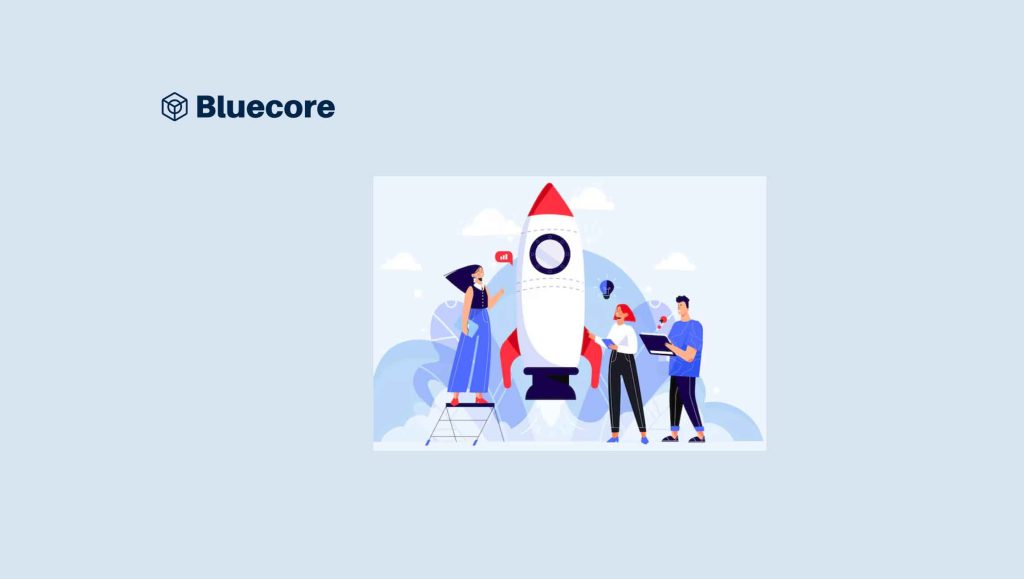Puneet Arora, Global President at Yellow.ai shares a few GTM best practices in this catch up with SalesTechStar:
__________
Welcome to this SalesTech Series chat, Puneet, take us through your journey in B2B tech and more about your role at Yellow.ai…
Certainly, thank you for having me. With a career spanning 28 years in high-velocity software applications, I’ve specialized in Go-To-Market (GTM) strategy and driving revenue growth. I’ve had the privilege of navigating roles across diverse companies, from startups to industry giants like Salesforce and Oracle. Over the past decade, my focus has centered on high-growth mid-sized enterprises. My understanding of customer service automation has deepened through extensive involvement in this market for over 15 years.
Now, as the newly appointed President of Yellow.ai, a global leader in customer service automation, I lead GTM and field operations. My responsibilities include spearheading global revenue growth initiatives, fostering value creation through customer deployments, and ensuring overall customer success. In this capacity, I’m focused on driving transformative change, sustaining growth momentum, establishing a robust presence in the North American market, and driving forward our global expansion efforts.
For scaling and driving growth in a startup culture: what are the base fundamentals that B2B marketers and sales teams need to focus on?
To effectively scale and drive growth within a startup environment, sales and marketing teams must prioritize their core competencies while keeping key ideal customer profiles and targets at the forefront of their strategies. Moreover, startups often grapple with limited brand recognition, underscoring the importance of comprehensively understanding customers’ intricate needs and translating them into tangible value propositions.
Leveraging the innovative ethos inherent to startups, there exists an opportunity to introduce customers to novel business methodologies, fostering mutual growth. Also, nurturing a culture of continuous learning and adaptability is essential. Startups operate in dynamic environments where market conditions and customer preferences can rapidly evolve. Encouraging teams to stay agile, embrace change, and continuously refine their strategies ensures relevance and competitiveness in the market landscape.
Last, fostering team alignment emerges as a pivotal cornerstone for sustained growth. By fostering open communication and collaboration across product development, sales, and marketing functions, teams can synergize efforts, maximizing value delivery and customer satisfaction.
Read More: SalesTechStar Interview with Eran Hollander, Chief Product Officer at HungerRush
What are some of the common go-to market mistakes you see modern marketing and sales teams make today?
One common mistake I have seen modern marketing and sales teams make is trying to win every customer instead of focusing on those who align with the company’s offerings. It is important for marketing and sales teams to understand their products to purposefully promote their business accurately. It is also paramount for sales teams to prioritize the customer experience. Neglecting to listen to customer feedback and address their concerns can result in missed opportunities for improvement and customer retention. Continuous feedback loops are essential for refining products and services. Prioritizing sales over customer experience can lead to short-term gains but may damage long-term relationships. Providing exceptional customer service and support is critical for fostering loyalty and advocacy.
For a crowded SaaS marketplace: what in your view can help modern sellers stand out?
In a crowded SaaS marketplace, targeted positioning is essential. In my experience, by identifying niche markets or underserved segments within the broader SaaS landscape, sellers can tailor their messaging and positioning to resonate with specific needs and preferences. Equally critical is a clear articulation of the value proposition inherent in SaaS solutions. Far too often, sales and marketing teams lean heavily on technical jargon. Instead, the focus should shift towards elucidating how your solution addresses customers’ challenges, enhances their ROI, and becomes an integral part of their journey as a trusted partner, not merely a vendor. Adopting a customer-centric approach is pivotal. Actively listening to feedback, staying attuned to evolving challenges, and collaborating closely with the product team to continuously refine the offering fosters robust relationships, instills loyalty, and generates positive word-of-mouth.
Also catch; Episode 175: Go-to Market and Marketing Best Practices with Bryan Law, CMO at Zoominfo
What are some of the top trends that will drive the salestech and martech segment in 2024 according to you?
In 2024, the emphasis is on accomplishing more with fewer resources. Budgets are tightly controlled, but the imperative to exceed expectations persists. To thrive in this environment, the marketing and sales teams must prioritize efficiency and agility, maximizing their impact while operating within constraints.
I believe sales and marketing teams will seek tighter integration between their respective tech stacks. This integration aims to streamline processes, foster better collaboration, and develop a comprehensive understanding of the customer journey. Key to this evolution is the deep integration of Customer Relationship Management (CRM) systems with marketing automation platforms and other essential sales tools.
Additionally, there is a growing interest in Account-Based Marketing (ABM) among B2B organizations, as they prioritize precise and tailored engagement with high-value accounts. Advanced ABM platforms will offer enriched insights, automated workflows, and sophisticated orchestration capabilities, empowering marketers to execute personalized campaigns at scale with greater efficiency.
Data-driven insights and AI algorithms are becoming increasingly important for marketers to craft personalized content experiences across various channels and touchpoints, including websites, emails, social media, and digital advertising. Advanced AI algorithms will help refine customer segmentation, tailor targeted messaging, and provide predictive analytics, all with the aim of optimizing engagement and conversion rates.
Yellow.ai empowers enterprises to create memorable customer conversations through our generative AI-powered customer service automation platform. Our vision is to drive towards the future of fully autonomous customer support that unlocks unparalleled efficiency and significantly reduces operational costs. Headquartered in San Mateo, Yellow.ai serves 1100+ enterprises, including Sony, Domino’s, Hyundai, Ferrellgas, Waste Connections, and Randstad, across 85+ countries. Our platform is built on multi-LLM architecture and continuously trained on 16B+ conversations annually, enabling businesses to deliver elevated experiences and build lasting customer relationships. Founded in 2016 with offices across six countries, Yellow.ai has raised over $102 million from blue-chip investors
Puneet Arora is Global President, Yellow.ai






















